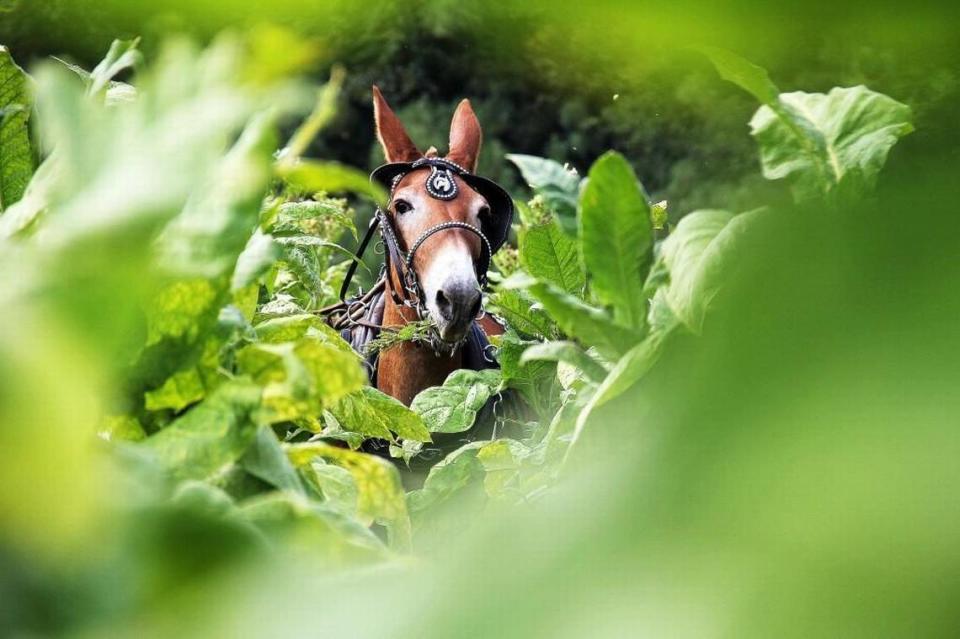NC historic site receives largest donation in state history to preserve untold stories
A $2.5 million donation announced Thursday will help build a fuller picture of North Carolina’s relationship with tobacco, illuminating narratives of enslaved people and Native Americans that might otherwise be lost to history.
And the money to do it — the largest donation from a single donor to a historic site in state history — comes from the foundation started by the Duke family, which has long been at the center of it all.
Michelle Lanier directs the state’s historic sites and takes a particular interest in African-American history.
“We want to do that: to understand those deeper and more complex stories,” she told The News & Observer. “Telling the stories of some unknown people.”
The Duke Homestead State Historic Site and Tobacco Museum, located in northern Durham, is the recipient of the gift.

It includes the four-room clapboard home where Washington Duke’s family lived from 1852 to 1874, as well as tobacco barns and a factory capable of producing 125,000 pounds of pipe tobacco in 1872.
Julianne Herczeg, who manages the site, said it’s important to remember the names of people like Caroline, an enslaved girl the Duke family purchased to perform household tasks and care for the children.
How do you tell stories like Caroline’s?
“You dig, right? You dig,” said Darin Waters, deputy secretary at the state Department of Natural and Cultural Resources.
“You go to the archives,” he continued. “Sometimes you will be surprised [by] some of the things that are available out there but have not been brought to the foreground in order for researchers and historians and writers to ... tell those larger stories.”
‘In need of a little TLC’
Herczeg said the site gets about 30,000 visitors a year, many of them schoolchildren.
Charles Lucas III, board chair of the endowment, visited last year and said he saw the need for “ a little TLC.”
The money will help renovate exhibits — which detail how tobacco made its way to the market, how advertising made cigarettes ubiquitous, and the lives and legacies of the Dukes themselves — and help maintain the site and and care for artifacts inside the museum.
A descendant, Mary Duke Biddle, repurchased the farm in the 1930s and gave it to the university, which passed it along to the state in 1973.
Lucas is a Duke family descendant and recalls visiting the site as a young child. He was struck by how modest it appeared.
“It’s my hope that people visiting this site will see the humble beginnings and recognize that the American dream is still very real,” Lucas said.
In 1890, Washington Duke’s sons bought up their competitors and formed American Tobacco Co., the world’s largest tobacco company before it was ruled a monopoly and broken up. The Dukes steadily grew the family fortune with other investments, including the creation of Duke Energy.
James B. Duke, the wealthiest of Washington Duke’s children, established Duke University in 1924.
The same year, he bestowed $40 million to create the endowment to fund philanthropic endeavors in the Carolinas. The Charlotte-based foundation, which is independent of the university, has given out $4.8 billion in grants, primarily focused on children, health and education.
This gift is a marker of the 100th anniversary.
“We wanted to do something special,” Lucas said.
The endowment didn’t have any tension over the complicated narratives the grant may help bring to light, he said, and the gift will make the homestead a more modern museum better able to connect with younger generations.
“North Carolina is very important to our family. Durham is very important to our family,” he said.
“And that’s never going to change.”



